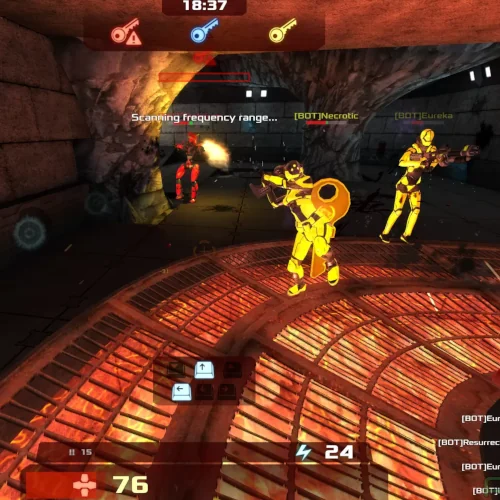D9VK Sees Inaugural Release For Running Direct3D 9 Games On Vulkan

D9VK is based on the well known DXVK effort and isn't to be confused with the previous VK9 effort for mapping Direct3D 9 to Vulkan. With the just-tagged D9VK 0.10, "a large amount" of Direct3D 9 games should be running fairly well. D9VK is supporting a lot of Shader Model 2/3 titles while Shader Model 1 and fixed function support is still a work-in-progress.
D9VK can work with Wine 3.10 and newer and follows a similar architecture to DXVK. D9VK does also support a heads-up-display to display basic performance/translation information and does re-use a number of the DXVK environment variables for debugging purposes.
D9VK should be running with the likes of Guild Wars 2, Portal 2, League of Legends, GTA IV, Need for Speed, Half Life 2, and other popular D3D9 titles.
Those wanting to build D9VK 0.10 to give it a whirl can find it over on GitHub. For the "newer" Direct3D 9 games working with D9VK, ultimately this translation layer should offer better performance than the existing WineD3D code that is mapping D3D9 to OpenGL. But there is also the ongoing CodeWeavers effort of adding a Vulkan back-end to WineD3D that will ultimately provide another option for getting Direct3D Windows games rendered on Linux and macOS (via MoltenVK) using Vulkan.
40 Comments

